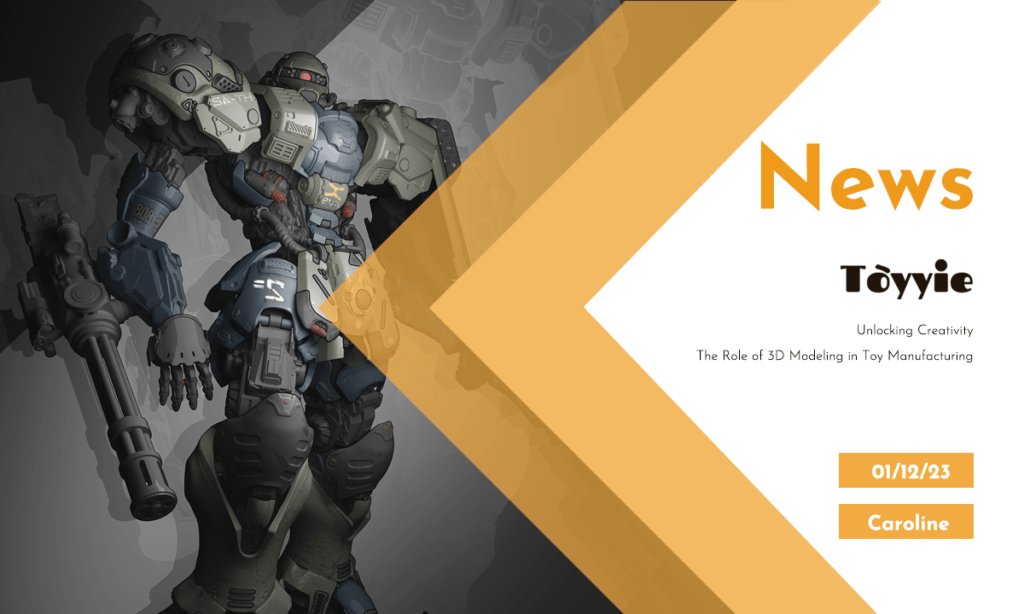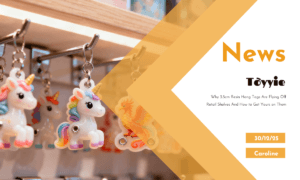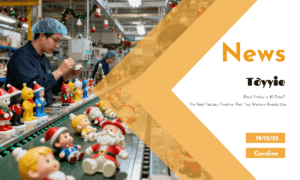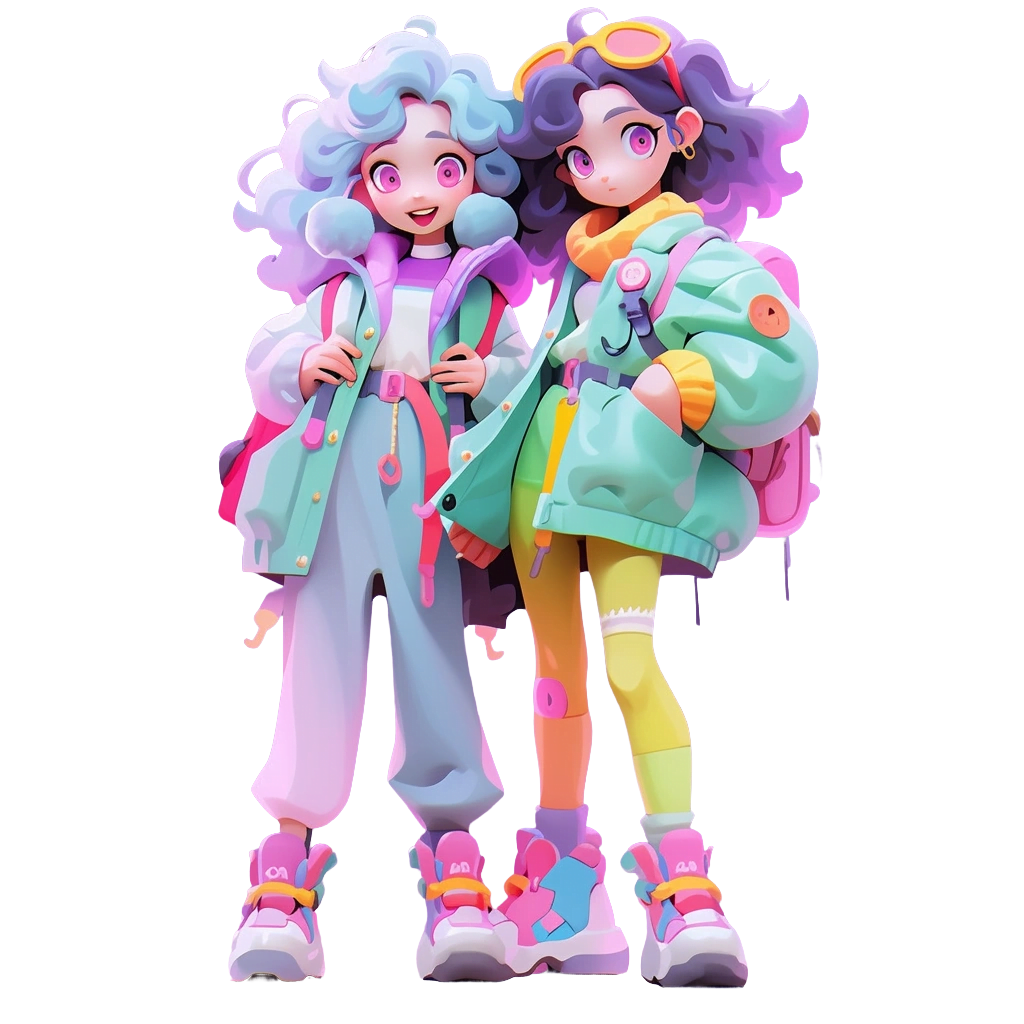What roles do 3D models play in toy manufacturing?
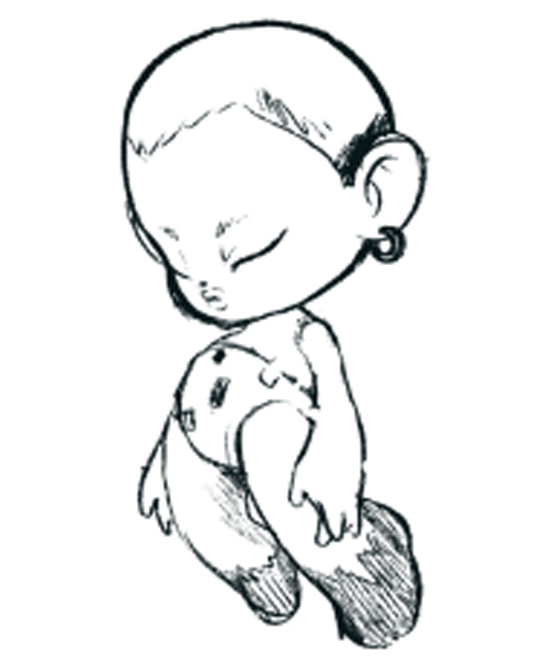

Design and Creative Validation
3D models are a crucial tool for translating creativity from concept to visual design. Designers can use 3D modeling software to create precise models of toys, including their appearance, dimensions, colors, and functionalities. This helps in validating the feasibility and attractiveness of the design.


Prototyping
Once 3D models are created, actual physical prototypes can be produced using 3D printing or other rapid prototyping methods. These prototypes are used to test the playability, functionality, and appearance of the toys, assisting the design team in making improvements and optimizations.
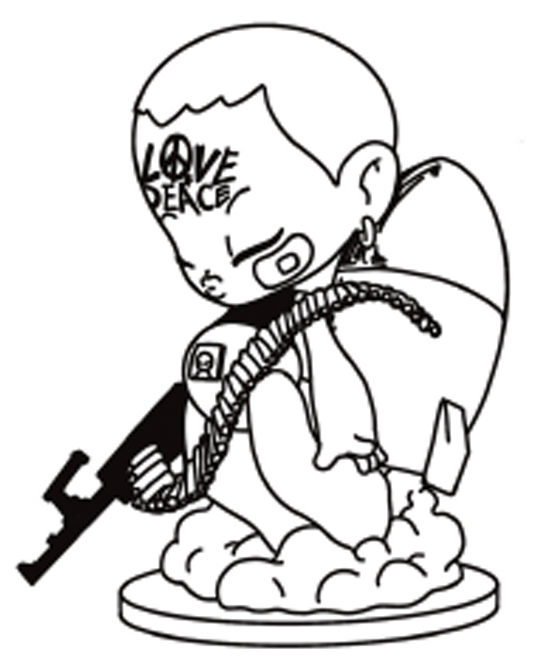

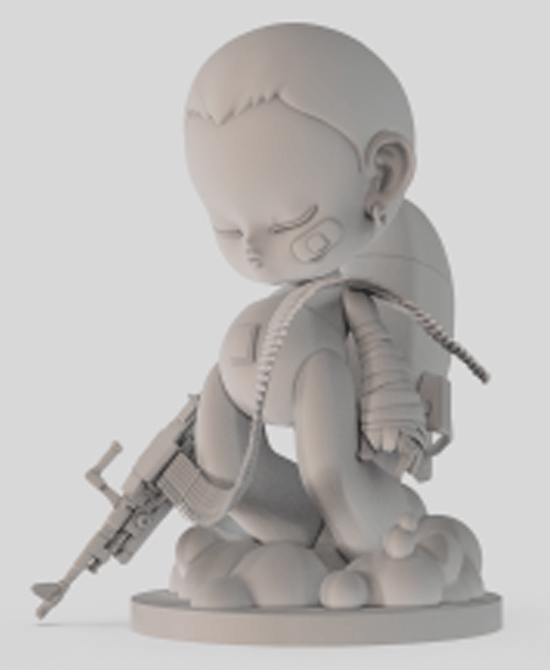

Manufacturing Guidance
3D models can serve as guides for the manufacturing process. Manufacturers can use these models to understand how to cut, assemble, and produce various parts of the toys, ensuring that the final products match the design.


Customization and Personalization
3D models make it easier to manufacture customized and personalized toys. Manufacturers can create different 3D models based on customer requirements, allowing customers to obtain unique products.
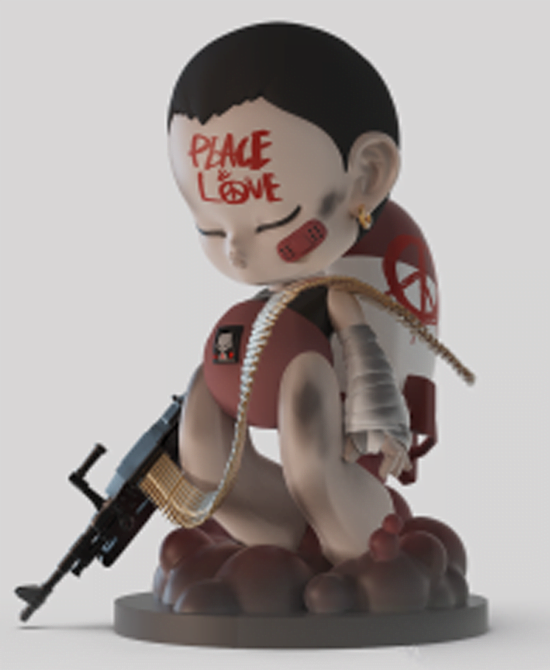



Digital Archiving
3D models enable the creation of digital archives of toys, which is useful for tracking design changes, re-manufacturing, or expanding product lines.


Visualization and Promotion
3D models can be used to create promotional materials, packaging designs, and marketing materials. These models can be used to create render images and demonstration videos to attract customers and investors.
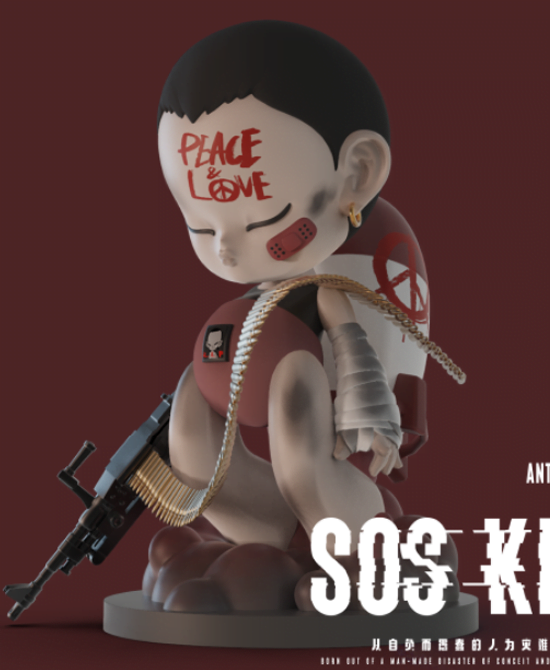

When is 3D modeling needed?
3D modeling is essential in cases where customization and personalized manufacturing are required. Manufacturers can create different 3D models based on customer requirements to produce unique toys.
How are the costs of 3D modeling generally calculated?
The cost of 3D modeling can vary based on several factors, including the complexity of the project, the required level of detail, the size and purpose of the 3D model, and the geographical location. In general, here are some estimated cost ranges for 3D modeling:
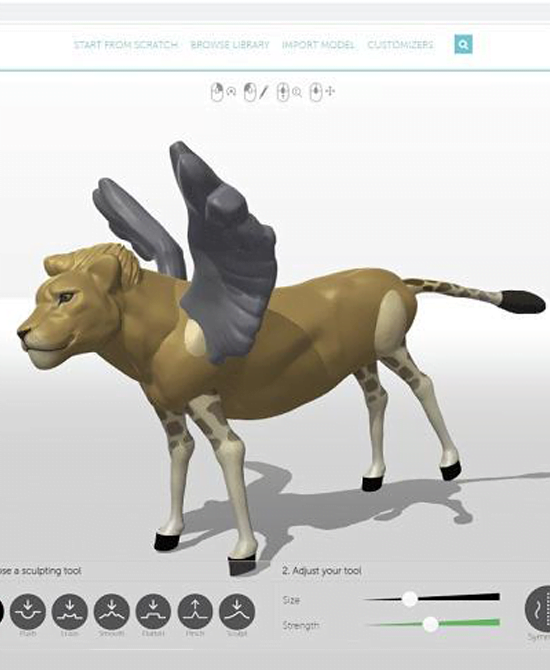

Simple 3D Models
For relatively simple 3D models, such as basic geometric shapes or simple props, the cost may be lower, ranging from approximately $100 to $500.
Moderately Complex 3D Models
For moderately complex models, such as some household items, small mechanical components, or certain toy prototypes, the cost may range from $500 to $2,000.
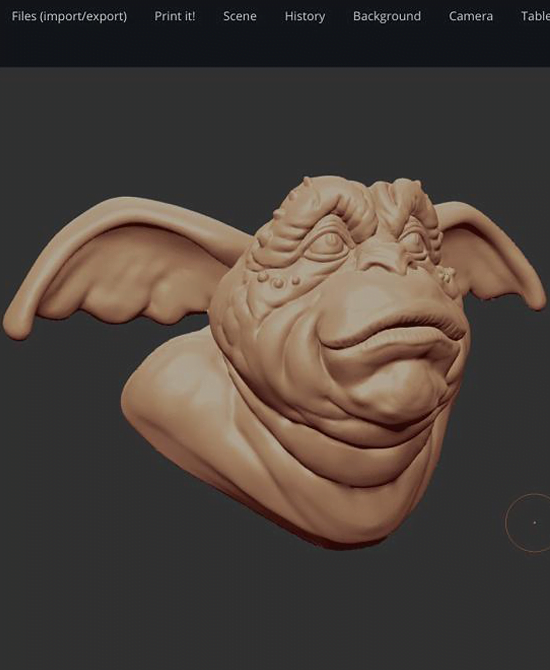

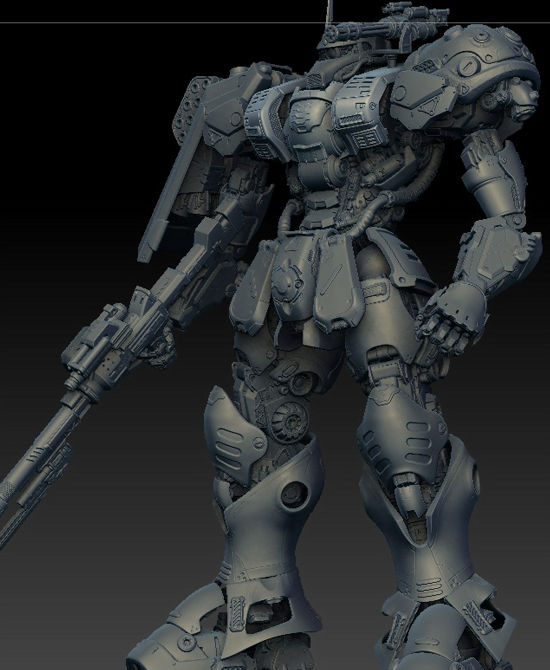

Highly Complex 3D Models
For highly complex 3D models, such as intricate engineering components, highly detailed character models, or large architectural models, the cost may be higher, exceeding $2,000 and even reaching thousands of dollars.


Animation or Rendering
If you need to create animations or realistic renderings of 3D models, the cost may increase further, as these tasks typically require more time and expertise. The cost for animation and rendering is usually calculated based on the number of frames and desired effects.
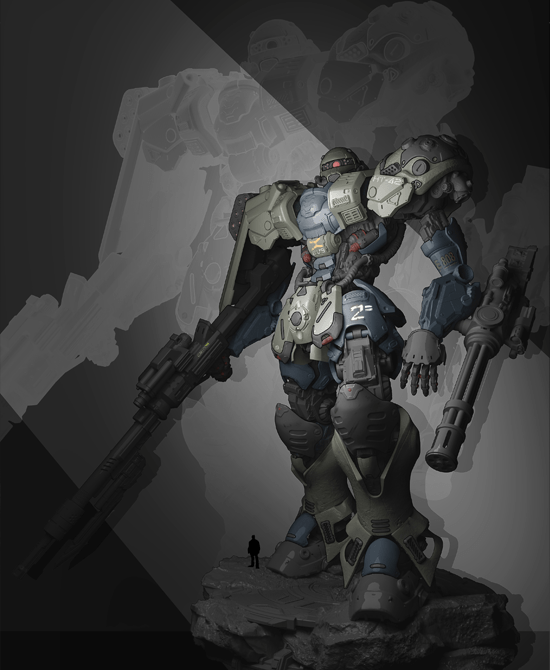

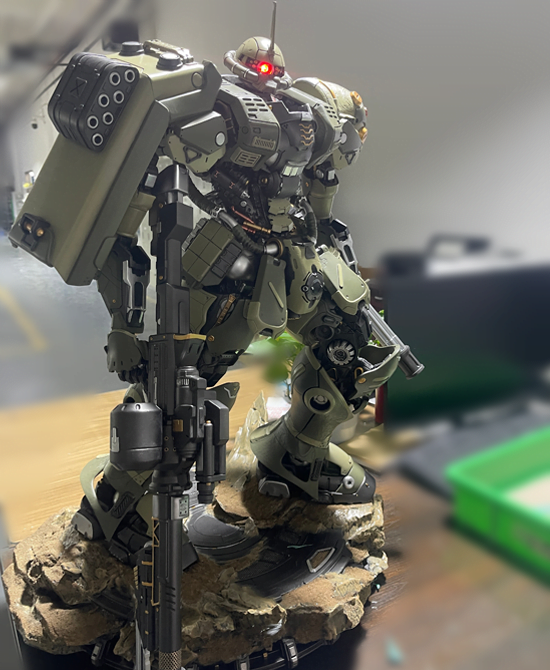

Project Scale and Quantity
If you have multiple 3D modeling projects or need multiple models, you can often negotiate with 3D modelers or studios to obtain bulk discounts.


Geographical Location
The cost of 3D modeling may vary depending on the region. In some areas with higher labor costs, the fees may be higher.


It’s important to note that these are general estimates, and actual costs may vary based on the specific requirements of the project and the experience level of the 3D modeler. Therefore, when selecting a 3D modeling service provider, it’s best to request quotes from multiple providers based on your project’s needs and carefully consider the balance between quality, delivery time, and cost.
Conclusion
If you anticipate long-term collaboration, you can consider entering into long-term contracts with 3D modelers or studios to obtain more competitive pricing.
3D modeling plays a crucial role in toy manufacturing by enhancing design quality, reducing costs, and improving manufacturing efficiency. It also fosters innovation and customization, providing greater opportunities. It allows manufacturers to be more adaptable to market demands, introducing increased innovation and diversity to the toy industry. As a specialist in producing art toys, Toyyie strongly recommends initiating 3D modeling in the early stages of your project to circumvent potential issues later on.

